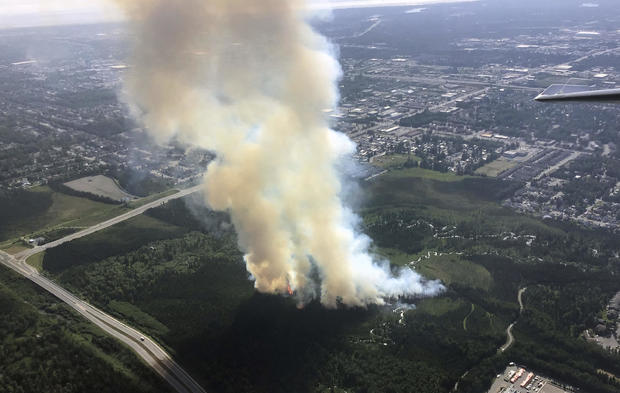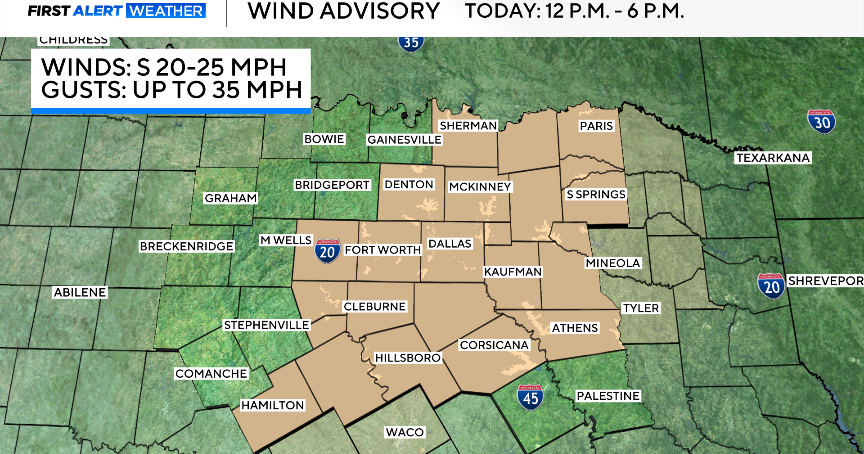Alaska heat wave sets record-breaking temperatures
Three cities in Alaska experienced record high temperatures on July 4th as several agencies warned Friday of high fire risk in the Upper Yukon and south central Alaska. According to CBS Anchorage affiliate KTVA, the Division of Forestry reported over 100 active fires burning throughout the state of Alaska.
According to the National Weather Service, the temperature hit 90 degrees at Ted Stevens Anchorage International Airport. The previous record high temperature of 85 degrees was set on June 14, 1969. The average high temperature for July 4 is 75 degrees.
Other cities with records were Kenai and King Salmon, both of which recorded temperatures of 89 degrees. Palmer tied its all-time record of 88 degrees.
The high temperatures and fire risk led to the Alaska State Fire Marshall's office to suspend and ban the sales of fireworks due to hot, dry weather and "high to very high fire danger."
The Swan Lake Fire had burned nearly 90,000 acres and was only 14% contained as of July 5, according to AK Fire Info, a website run by federal and state agencies including the Bureau of Land Management Alaska Fire Service, Alaska Division of Forestry, US Forest Service, National Park Service, Fish and Wildlife Service, Bureau of Indian Affairs, Alaska Department of Fish and Game, and Alaska Department of Environmental Conservation.
According to AK Fire Info, there are 23 fires burning within the Upper Yukon Fire Management Zone as of July 5, which covers the eastern interior part of the state.
One expert told the Associated Press the high temperatures were the result of climate change.
"It's a weather story and it is an ongoing changing environment story as well as these kinds of extreme weather events become much more likely in a warming world," said Rick Thoman, a climate specialist at the University of Alaska Fairbanks' Alaska Center for Climate Assessment and Policy.
A high pressure ridge over much of south-central Alaska is strengthening and responsible for the record temperatures, Clay said.
The current high pressure system comes on top of previous warming and high ocean temperatures, he said.
"Surface temperatures are above normal everywhere around Alaska," Thoman said. "The entire Gulf of Alaska, in the Bering Sea, in the Chukchi Sea south of the ice edge, exceptionally warm waters, warmest on record, and of course record-low sea ice extent for this time of year off the north and northwest coasts of the state."
Storms could mix warm surface water with cooler waters in lower portions of the upper ocean, he said, but storminess is at a minimum this time of year.
"Certainly, for instance, above-normal temperatures in Cook Inlet right now are contributing to the very warm temperature that are being reported from Anchorage International," Thoman said. "If it had been a cold spring and a cool June and water temperatures were cooler, exactly the same kind of atmosphere pattern may well not produce record temperatures."




